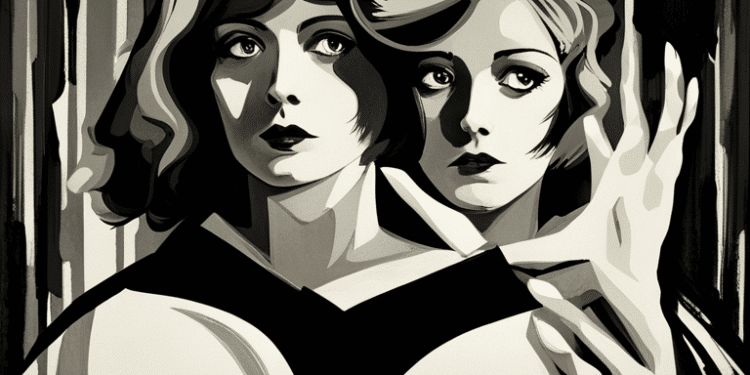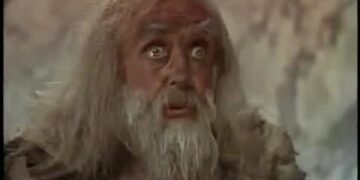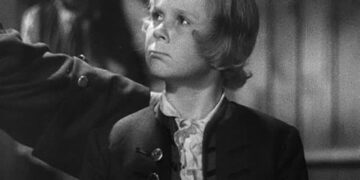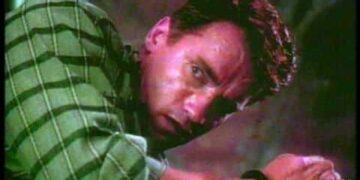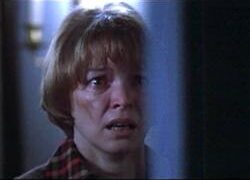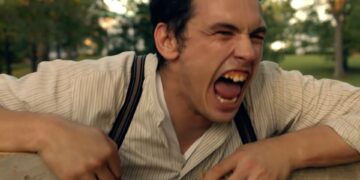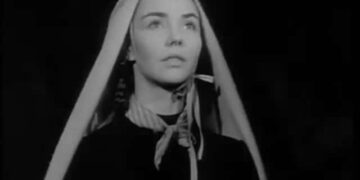The 1920s marked a transformative era for the film industry, witnessing the emergence of iconic movies that left an indelible mark on cinematic history. During this exciting decade, filmmakers drew inspiration from literature, adapting beloved books into captivating motion pictures.
These adaptations not only showcased the creative ingenuity of directors and actors but also brought timeless stories to life on the silver screen.
In this article, we embark on a journey through the 1920s and explore 11 remarkable movies based on books from that era. From thrilling adventures to romantic dramas and mesmerizing fantasies, these films captured the essence of their literary counterparts, enchanting audiences with their visual splendor and compelling narratives.
So, let’s dive into the past and discover the magic of these unforgettable adaptations from the 1920s.
1. “Diary of a Lost Girl”:
Based on the novel by Margarete Bí¶hme, “Diary of a Lost Girl” is a thought-provoking film that follows the story of a young woman’s journey through a society filled with moral corruption and societal expectations.
2. “Ella Cinders”:
Inspired by the comic strip created by Bill Conselman and Charles Plumb, “Ella Cinders” is a lighthearted comedy that revolves around the adventures of a young woman named Ella Cinders, who dreams of a better life and unexpected romance.
3. “Metropolis”:
A groundbreaking science fiction film directed by Fritz Lang, “Metropolis” draws inspiration from Thea von Harbou’s novel. Set in a futuristic city, “Metropolis” explores themes of class struggle, love, and human nature.
4. “Monte Cristo”:
Based on Alexandre Dumas’ timeless novel “The Count of Monte Cristo,” “Monte Cristo” is a swashbuckling adventure that takes viewers on a thrilling quest for justice, revenge, and redemption.
5. “Street Angel”:
Inspired by the novel “Cristina” by Monckton Hoffe, “Street Angel” is a poignant silent film that tells the story of a young woman who finds love and redemption amidst the challenges of poverty and social prejudice.
6. “The Golem”:
Drawing from Jewish folklore, “The Golem” depicts the legendary creature brought to life to protect the Jewish community in Prague. This German expressionist horror film, “The Golem,” offers a fascinating glimpse into ancient myths.
7. “The Iron Mask”:
Based on Alexandre Dumas’ novel “The Vicomte of Bragelonne: Ten Years Later,” “The Iron Mask” is a swashbuckling adventure that follows the legendary musketeer D’Artagnan as he battles against corruption and treachery.
8. “The Last of the Mohicans”:
Adapted from James Fenimore Cooper’s novel, “The Last of the Mohicans” is an epic historical drama that transports viewers to the frontier of North America during the French and Indian War. The film showcases courage, romance, and cultural clashes.
9. “The Lost World”:
Inspired by Arthur Conan Doyle’s novel, “The Lost World” is a pioneering adventure film that takes audiences on an expedition to a remote plateau where prehistoric creatures still roam. The movie sets the stage for thrilling encounters and discoveries.
10. “The Phantom Carriage”:
Based on the novel by Selma Lagerlí¶f, “The Phantom Carriage” is a haunting Swedish film that weaves a supernatural tale about a dying man and the ghostly carriage that carries away the souls of the departed.
11. “The Phantom of the Opera”:
Adapted from Gaston Leroux’s gothic novel, “The Phantom of the Opera” is an iconic horror film that tells the tale of a disfigured musical genius who haunts the Paris Opera House. The movie captivates audiences with its suspense, romance, and unforgettable imagery.
Conclusion
The 1920s were a golden age for cinema, and these 11 movies based on books from that era exemplify the creativity, artistry, and innovation of the time. From silent films to early sound productions, these adaptations transported audiences to different worlds, capturing the essence of the original literary works while adding their unique cinematic flair.
As we reflect on these timeless tales, let us appreciate the enduring impact of these movies and celebrate the power of storytelling, both in literature and on the silver screen.


